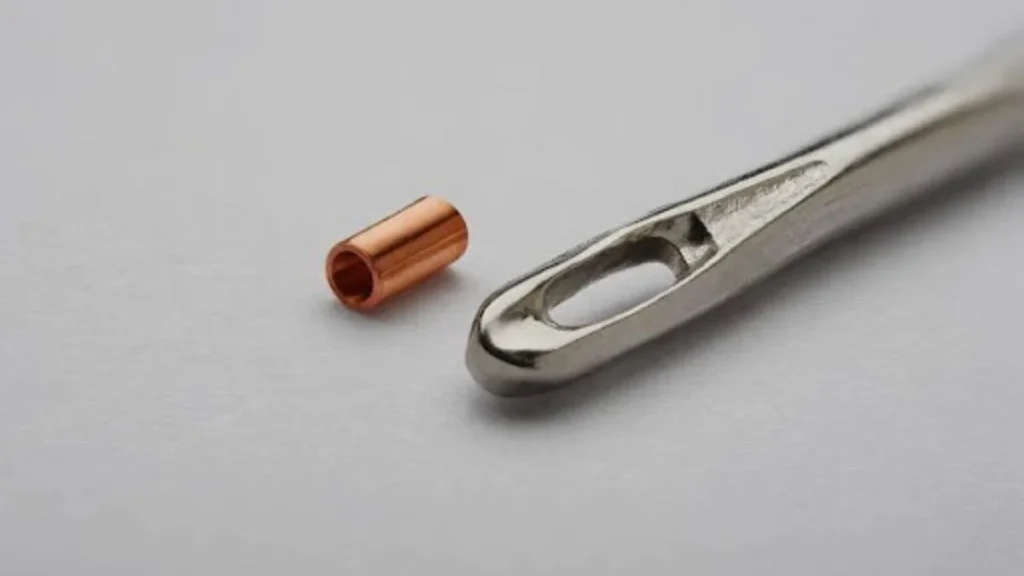Recent technological and technical advances have improved medical gadgets. These gadgets’ precision and efficacy depend on tiny coils. These micro coils, frequently less than a millimeter in size, are crucial to diagnostic imaging and medicine administration.
1. Improved diagnostic imaging
Diagnostic imaging is one of micro coils’ biggest medical device applications. Advanced micro-coil technology has dramatically improved magnetic resonance imaging (MRI). MRI devices employ micro coils as radiofrequency (RF) receivers to detect hydrogen atom signals in tissues excited by a high magnetic field.
Micro coils with increased sensitivity and SNR provide crisper and more detailed MRI pictures. Radiologists may improve diagnosis by improving micro coil design and location for crisper pictures with higher contrast and spatial resolution.
2. Specific Localization and Navigation in Interventions
Interventional treatments need precision and accuracy, and micro coils help. Micro coils provide real-time localization and navigation of catheters, surgical tools, and therapeutic agents, improving procedure accuracy and patient safety.
Medical gadgets with micro coils act as electromagnetic beacons to monitor and navigate the body’s anatomical components in real time. With micro coil-based tracking technologies and modern imaging modalities like fluoroscopy and CT, doctors may precisely put tools and devices on target tissues for best results.
3. Miniaturizing Implantable Devices for Better Function
Microcoil technology has made implanted medical devices smaller and more useful. From heart rhythm management to neurostimulators, these small implants improve comfort, lifespan, and therapy.
Micro coils miniaturize leads and electrodes in pacemakers and implanted cardioverter-defibrillators (ICDs) while retaining electrical function. Smaller lead diameters prevent vascular damage and lead dislodgement, while accurate coil winding ensures electrical conductivity and signal transmission.
4. Improved Closed-Loop Control Sensing and Feedback
Micro coils are necessary for closed-loop medical devices’ sensing and feedback processes, which need real-time monitoring and modification to preserve physiological performance. These gadgets use micro coil-based sensors and actuators to offer exact feedback and perform therapeutic treatments with unmatched precision and responsiveness.
In closed-loop neurostimulation devices for chronic pain or neurological problems, tiny coils assess brain activity and give focused electrical impulses for physiological cues. These devices can customize treatment for each patient by monitoring brain signals and modifying stimulation settings to maximize effectiveness and minimize negative effects.
5. Remote Monitoring with Wireless Communication Integration
Wireless communication technologies have transformed medical device connection, allowing remote monitoring and data transfer for better patient care and clinical decision-making. Wireless communication in implanted devices relies on micro coils to integrate with external monitoring systems and healthcare networks.
Implantable medical devices with micro coil antennas enable doctors to monitor device functioning, modify settings, and download diagnostic data without touching the patient. Remote connection improves patient comfort, lowers healthcare costs, and speeds up treatment for clinical events and device failures.
Conclusion
Micro coils have transformed medical device technology, providing remarkable accuracy, precision, and utility in a variety of applications. Micro coils improve patient outcomes and contemporary medicine by improving imaging, directing interventional operations, miniaturizing implanted devices, and providing closed-loop control. As technology advances and micro coil manufacturing improves, more precise and effective medical devices will alter healthcare delivery and increase patient quality of life.






